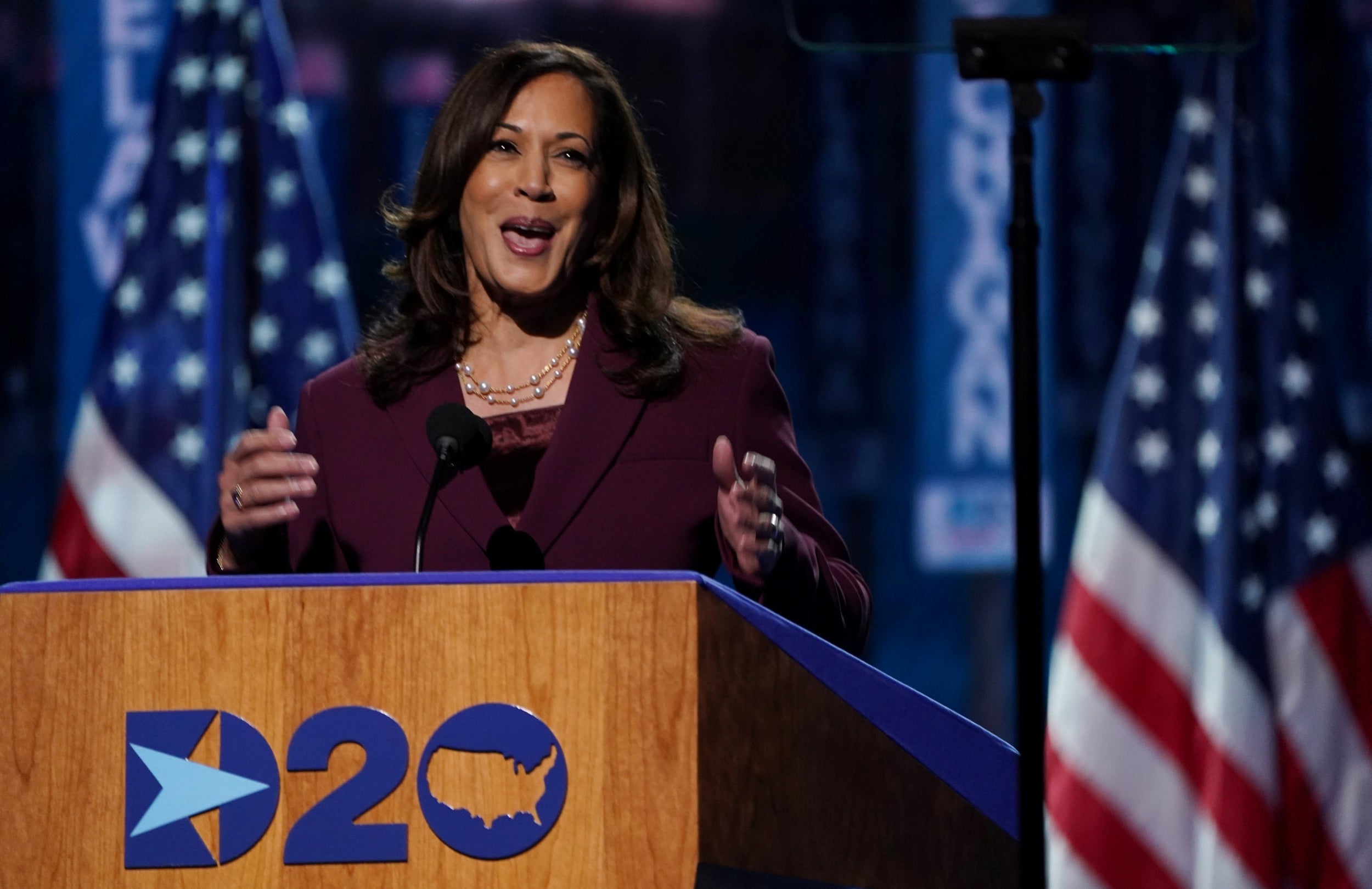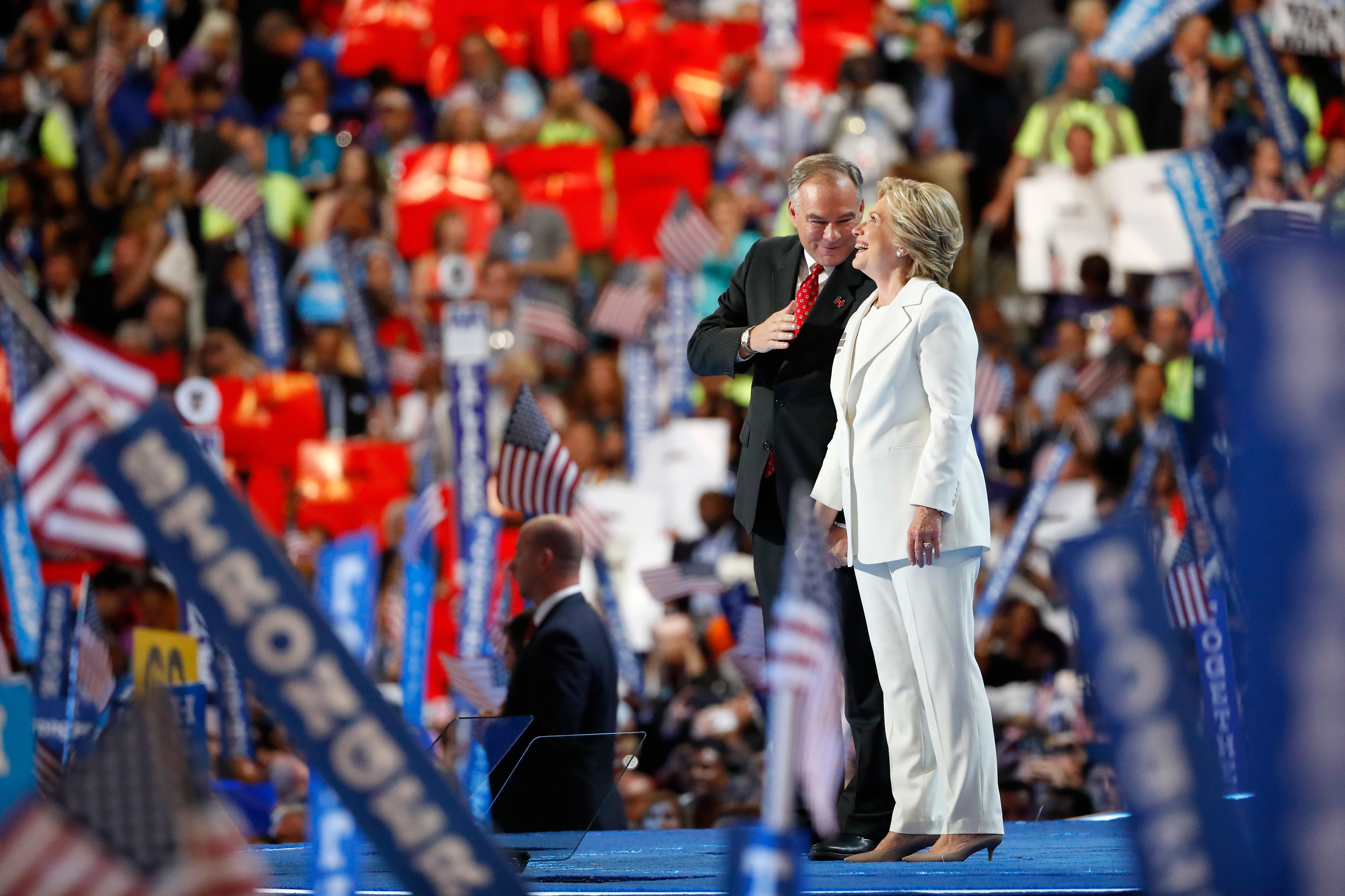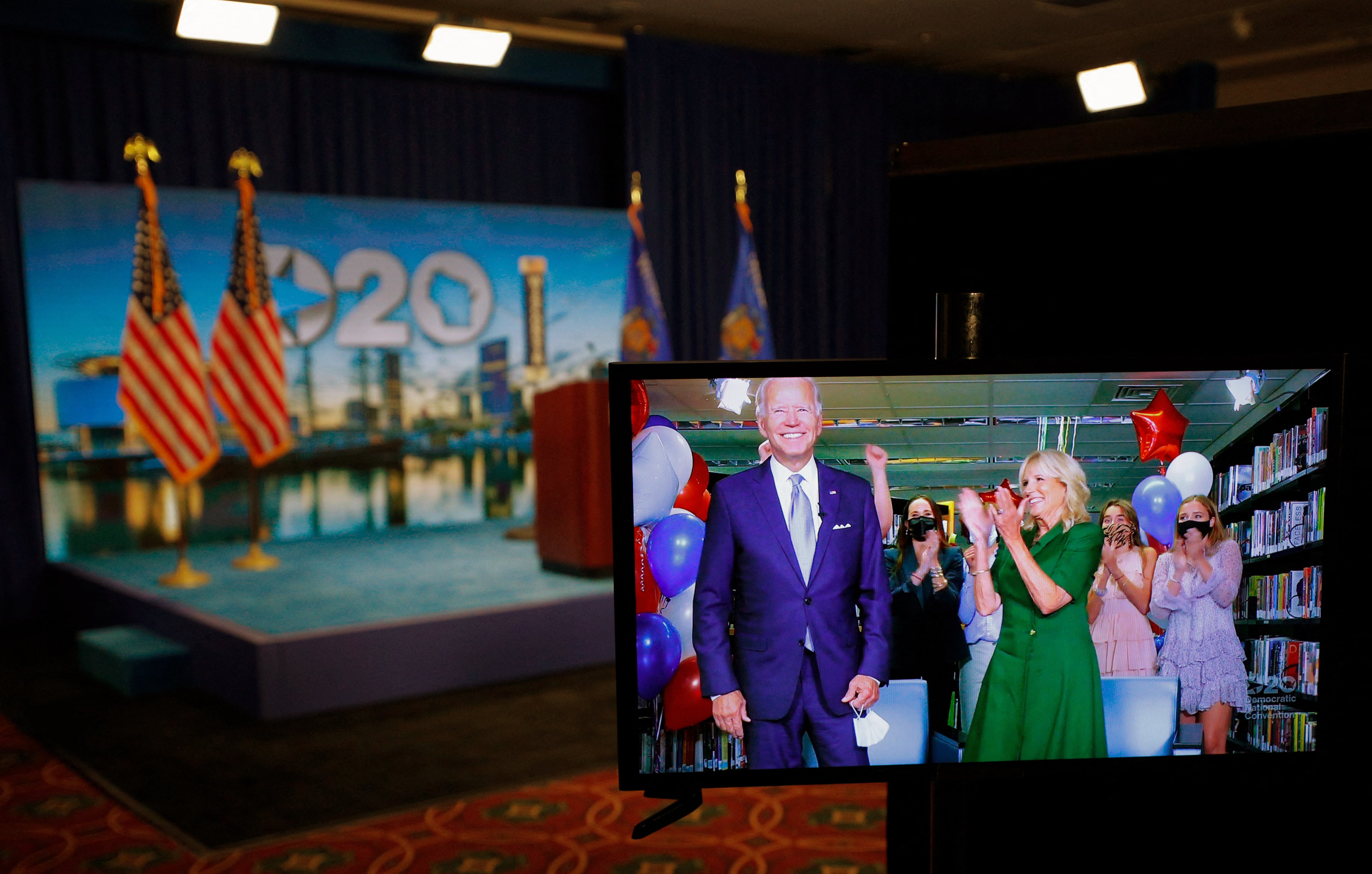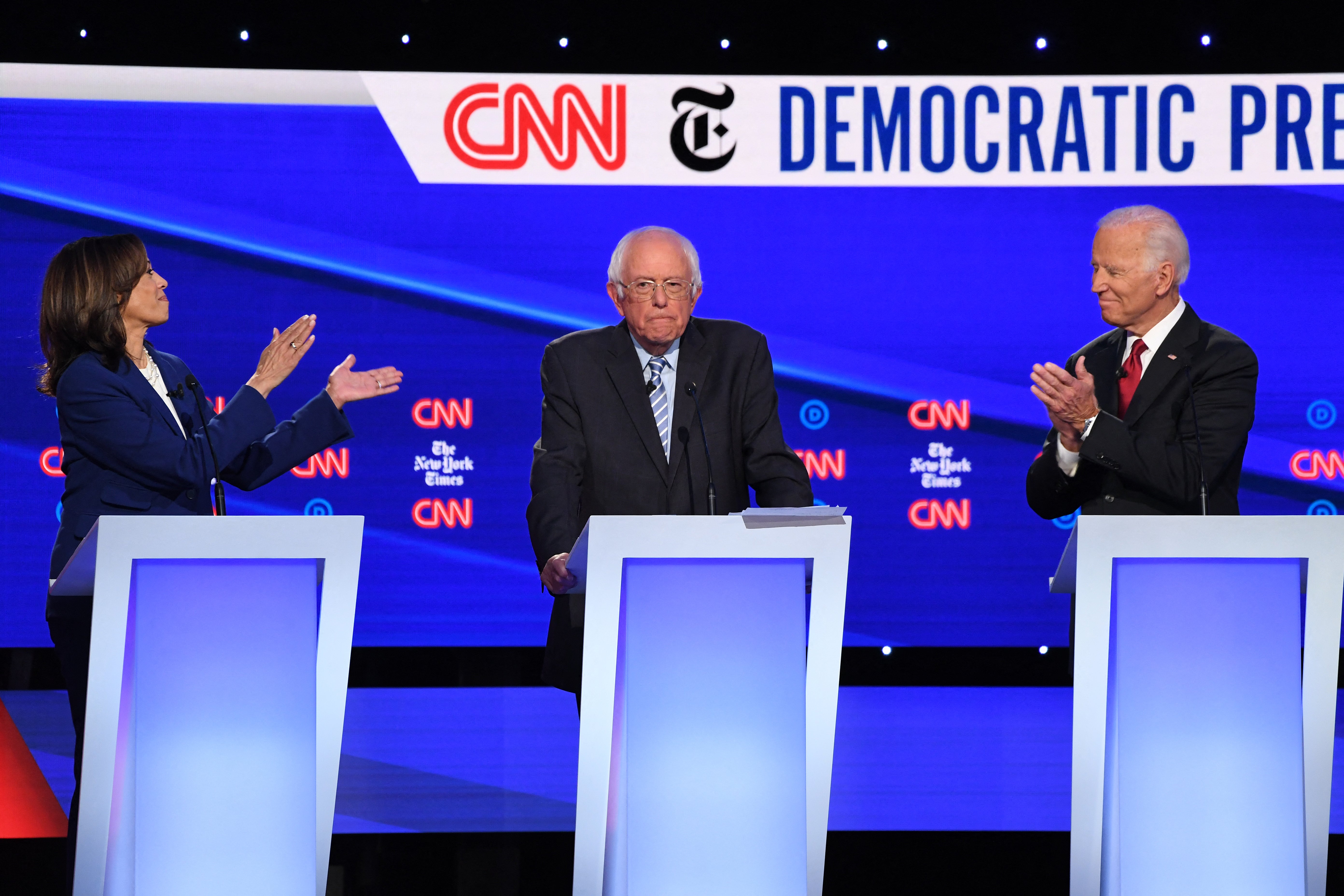Kamala Harris getting the nomination is just the illusion of choice
The 3,896 delegates at the Democratic National Convention will now have full control over who is the party’s nominee. Is that fair? asks Virginia Valenzuela


As citizens, we are raised to believe in the power of our democracy and the importance of exercising our right to vote. However, with President Joe Biden stepping down from the race, the delegates at the Democratic National Convention now have full control over who will represent their party in the race for the presidency.
There is no sugar coating it. The DNC is in a position to handpick our presidential candidate. With just a month before the convention takes place, the only people slated to vote on who will lead us against a second Donald Trump presidency are 3,896 delegates who are technically allowed to vote for whoever they want to begin with.
Is this really democracy? Or are we left disillusioned and frustrated as nothing more than pawns in someone else’s game?
As a passionate Bernie Sanders supporter in both 2016 and 2020, I watched as powerful people and millions of donor dollars decided who my Democratic nominee would be.
Despite Sanders’ undeniable popularity across generations, backgrounds, and the country, Hillary Clinton took the helm of the Democratic party. We later found out that in an unprecedented move, her campaign had taken control of the DNC more than a year before she won the nomination.

According to Donna Brazile, the former interim chair of the DNC during the 2016 election, the DNC had made a pact with the Clinton campaign. The Joint-Fundraising Agreement gave Clinton control over the party’s finances, strategy, and the fruits of their fund-raising. In exchange, Clinton would help raise money and invest in the organization that was over $24 million in debt and on the brink of collapse.
The Clinton campaign had control over where money was spent, who was hired for strategic positions, budgeting, data and analytics, and every single press release that came out of the Democratic party. It’s no wonder then, that this unrivaled influence, paired with the unequal attention that the media offered each candidate, resulted in the self-fulfilling prophecy that was her nomination.
Then in 2020, a slow and already aged Joe Biden rose from, as Ron Elving of NPR described, “roadkill status” in early February to frontrunner in late March. While no evidence has been brought forward to discount his triumph, the now public knowledge that the DNC has a budget problem and a proclivity for testing the boundaries of ethics brings any eventual nominee, especially ones that are less popular amongst the majority, into question.

Fast forward to today, and we are in the middle of an election year the likes of which no American has seen before. With Biden leaving the race and only 105 days left before we go out to cast our votes, many registered Democrats are wondering: who is going to represent us? And more importantly, are we going to have a voice in who that person is?
Biden immediately endorsed Vice President Kamala Harris to take his place. However, the US is not a monarchy or a dictatorship (at least not yet), and power cannot be transferred by the will of the current person in power. That decision now rests in the hands of fewer than 4,000 Americans who will be voting during the DNC in Chicago from August 19-22.
Delegates are supposed to vote for the candidate that won the primary in their state. But according to the official DNC rulebook, states’ delegates must "in all good conscience reflect the sentiments of those who elected them." The word “sentiment” leaves a lot of room for interpretation, as does the idea that the delegates of a morally questionable organization will act “in good conscience.”
In a signed letter by dozens of current and former delegates, voices of the Democratic party state that Harris is the only person who can defeat Trump. Furthermore, many political figures who may have had a chance to rival her for the nomination have already fallen in line to support her.

Yet not a single Democrat politician has had the courage to bring up her startling demise in the 2020 primary season. Will she be strong enough, fast enough, marketable enough to beat a former President of the United States with a fanatical fan base? And is America even capable of electing a Black, southeast Asian woman for President? These are questions that would have been debated in a normal presidential primary. The problem is, we are out of time.
From day one, we have been promised fair and democratic elections. But as we’ve seen time and time again, the DNC in specific, and the Democratic party as a whole, hold all of the cards. Whether we see an open nomination process as suggested by former Speaker of the House Nancy Pelosi, or an even bigger rally around Harris, one thing is certain: the illusion of choice that helped us hold our noses as we voted for Democrats down the line is gone. Behind the curtain lies a crushing reality in which we can use our voice, but only to agree with what is already being said.
Will already disenchanted voters like millennials and Gen Z, people of color, and women come out to vote? We will find out in November.
Join our commenting forum
Join thought-provoking conversations, follow other Independent readers and see their replies
Comments